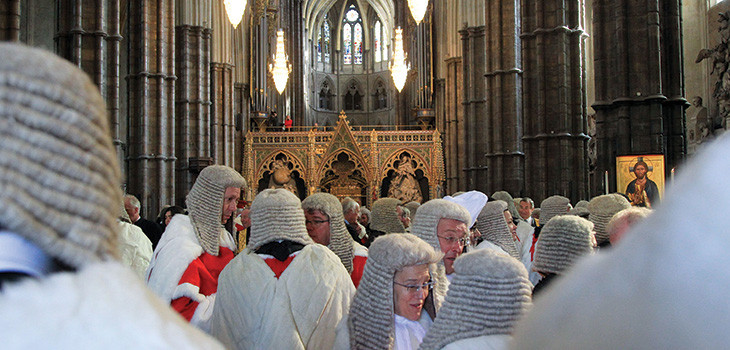
- Covers seminal judgments by family court judges, including Lord Scarman, Lord Nicholls and Lady Hale.
What influence have individual judges had on the development and practice of family law over the past 30 or 40 years? Through those years the shadow—mostly benign—of the Children Act 1989 (CA 1989) has been long. So too has the Human Rights Act 1998 and all must be seen through the procedural prism of the Civil Procedure Rules 1998 (CPR 1998) and its pale imitation, the Family Procedure Rules 2010 (FPR 2010). But how has the common law progressed?
Development of the common law by presidents of the Family Division has been slight. It is hampered by the varied roles assigned to individual presidents. None have made a real mark on the law, even Munby P for all his administrative schemes and passion for ‘transparency’. The Constitutional Reform Act 2005 defined separation of powers principles









